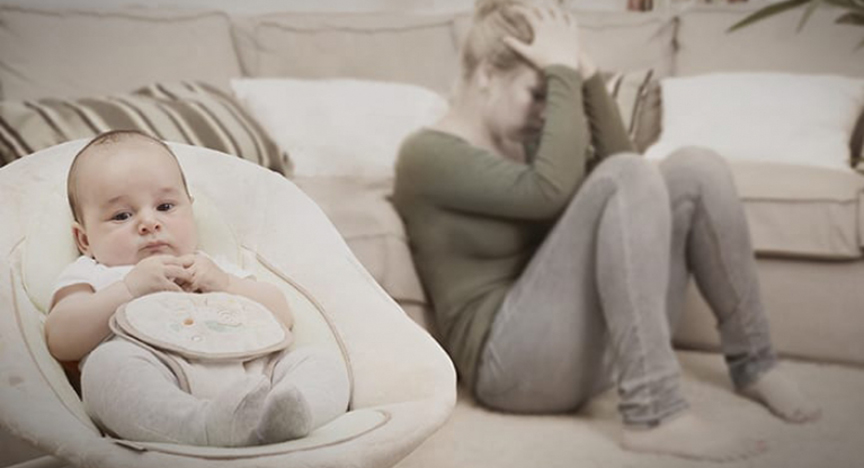
Having a baby can be emotionally overwhelming, as it’s a time when major life adjustments are occurring. The leap from one baby to two, or more, requires even further adjustment. Your routine and lifestyle change—it can feel like life has been turned upside down.
About 80 percent of mothers, and some fathers, experience the “baby blues” a few days after birth. You may feel teary, moody, sensitive or irritable. These feelings usually fade after a few days, but if they go on longer they may be part of perinatal depression or anxiety (PNDA). The best way to find out if you’re experiencing PNDA is to talk to your doctor, hospital social worker, midwife or child health service.
The most common symptom of PNDA is a noticeable change in your mood for two weeks or more while pregnant or in the first four to six weeks after your baby’s birth. You may feel very sad and low, or extremely worried, most of time. Other warning signs might include changes to your eating and sleeping routines (too much or too little), changes to your normal energy levels, or a desire to withdraw into yourself. Some people experiencing PNDA feel “stuck” with their thoughts and feelings, and become so pre-occupied that they can’t function in life as they used to.
It can be hard to tell PNDA from the normal effects of sleep deprivation and adjustment to parenthood. You may not have PNDA—but it’s still a good idea to talk with a health professional about what’s going on for you. Help is available!
If you’re experiencing PNDA, it’s important to seek help as soon as you notice the warning signs.
How can PNDA affect my baby?
Your baby depends on you for everything, and a parent’s PNDA can affect the mental health and wellbeing of their children. Some parents with moderate to severe mental illness struggle to carry out the day-to-day tasks of caring for their baby and meeting their baby’s physical and emotional needs.
A baby’s brain develops more quickly in the first 12 months of life than at any other time in their life. New babies are very social and need their parents to talk to them, and to be kind, loving, caring and predictable. Babies need regular experiences of being comforted when they’re upset, and encouraged to explore the world around them. All of this active parenting helps the baby feel safe and secure, so they develop trust in their environment and relationships.
Secure trusting relationships with parents and other close caregivers also help build confidence and resilience in babies and young children, so they can cope with life’s ups and downs later on. Research shows that babies who experience supportive relationships with their parents and caregivers have fewer problems with their mental and physical health as children, as adolescents, and even into adulthood.
Parents experiencing mental health problems can still develop good relationships with their babies, but most need professional and other supports to help them do this.
A very small number of women may need hospital treatment. It’s best if this occurs in a specialist mother-baby unit, to avoid separating mother and baby, and support the attachment and bonding process.
Tips for nurturing your baby’s mental health
- Find moments to really connect with your baby during the day. Little moments add up to a lot, over time. Look at a book together, give your baby a bath, take them for a walk in the pram, sing a nursery rhyme while changing their nappy.
- Enlist the support of others. If caring for your baby is a struggle, ask for help from trusted family members or friends. Ask people who’ll listen to you, support you, and share the responsibility of caring for your baby. It takes a village to raise a child.
- Develop social connections. Social supports help parents recover from PNDA and contribute to babies’ emotional development. Join a regular PNDA support group, play group, or a program like Baby Rhyme Time at your local library.
PNDA is surprisingly common and very treatable. You are not alone, and most people recover quickly with the right supports. Getting professional help for PNDA means you can be more emotionally available to your baby. You’ll also enjoy your baby more!
Perinatal Anxiety and Depression Australia
Lifeline
Kids helpline
Beyondblue
COPE